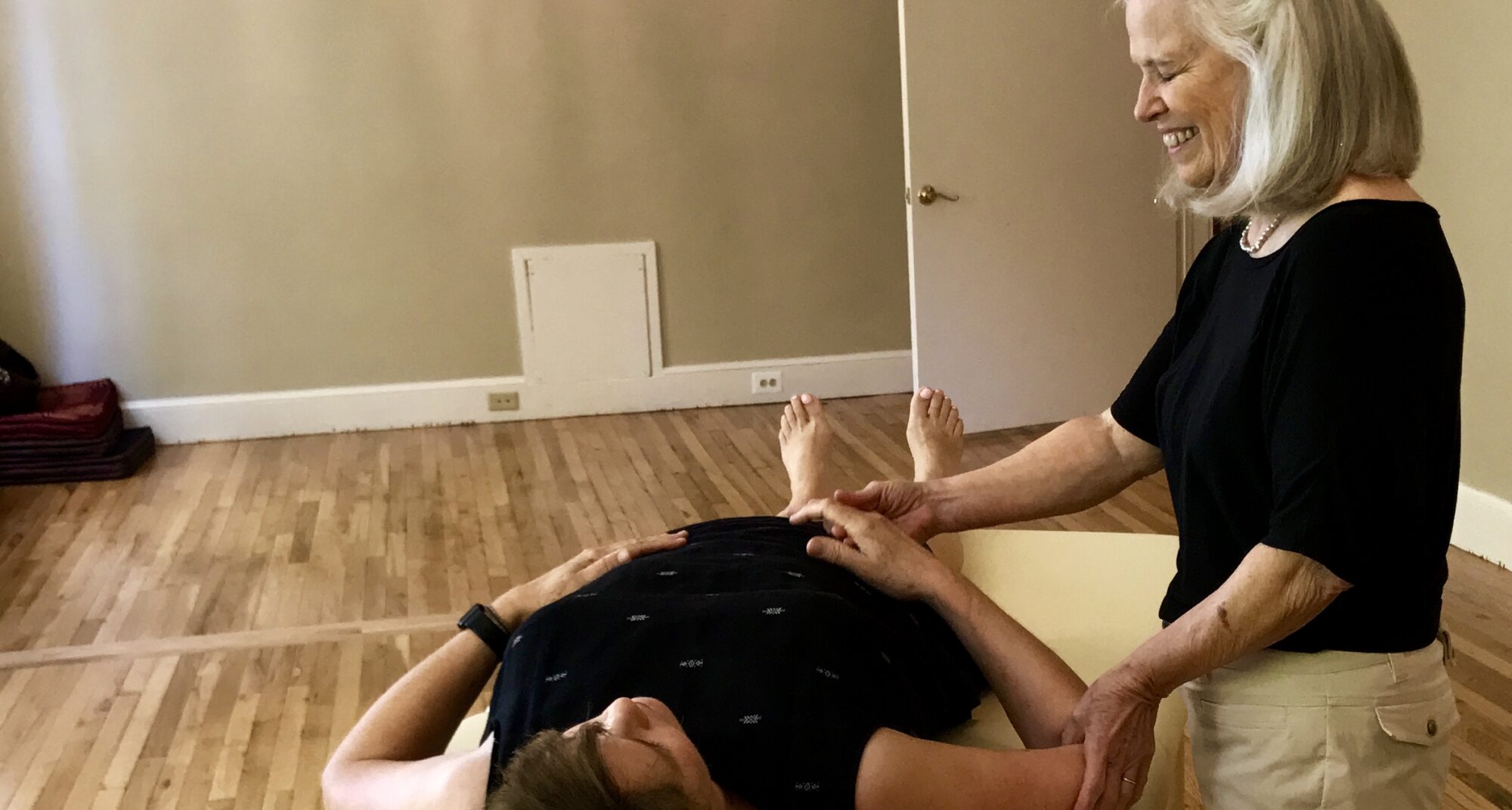I was reading an article in the new Yoga Journal about compassion, and how we can learn to cultivate compassion by taking on the character of compassion and breathing that feeling through our bodies; and then sometime during the day consider a compassionate act you can perform; ie, helping someone to cross the street, yielding to another car in traffic, donating to a charity – all with the feeling of compassion, not duty or obligation.
I have always felt from the eastern philosophy and from the teaching of the Dalai Lama that compassion is recognizing someone’s suffering and that that someone else is just like you. You experience someone else’s suffering as your own. Their suffering is reflected back to us, they are a mirror to our own pain. And a lot of times it is the fear we see in others that we can’t honor in ourselves; that we could be in the same situation, in the same fragile place they are now in. Your empathy then becomes compassion, the realization of our commonality.
Consider this practice as you bring someone to mind that is suffering: (from Yoga Journa l)
l)
“Like me, this person desires happiness.
Like me, this person wants to be free from suffering
Like me, this person has experienced grief, loneliness and sorrow
Like me, this person is trying to get what he or she needs in life
Like me, this person is evolving
Imagine you are suffering the same way. Think about how you’d feel. Think about how much you would want to be free from suffering
Now imagine, how much less alone you would feel if someone actively felt your pain and wanted it to end. Can you do this for the other person? Can you actively desire that their suffering end?
Put yourself in the other person’s place, and then feel for a moment that their pain is also yours. Hold the wish that their suffering ends.
Then if possible, do something kind for them, a phone call, donation, picking up groceries; it doesn’t have to be huge. This practice can be so transformative the it is helpful to do daily and you can see how it can affect your opinions and interactions with every person in your life.” Sally Kempton/Yoga Journal
Neuroscientists now believe that the ability to feel another person’s pain as if it were your own is hardwired in us. We can use this innate ability to offer our understanding to others and also discover ourselves in a deeper way.
